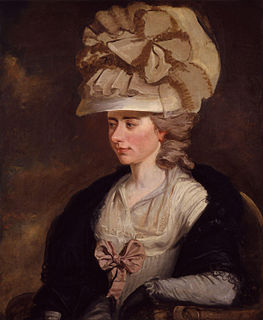A Quote by Jessye Norman
Swan, by Mary Oliver. Poems and prose. Reading from this book is as if visiting a very wise friend. There is wisdom and welcoming kindness on every page.
Related Quotes
I read everything. I'll read a John Grisham novel, I'll sit and read a whole book of poems by Maya Angelou, or I'll just read some Mary Oliver - this is a book that was given to me for Christmas. No particular genre. And I read in French, and I read in German, and I read in English. I love to see how other people use language.
Emily Kendal Frey's The Grief Performance is a book that condenses a journey of finding and re-finding loss into beautiful packages. The packages are the poems and they sit shiny and new on every page of this fabulous and generous book. I want to go into the world that these poems create, just so that I can be given these terrifying presents again and again. I know you will, too. See you there.
For me a page of good prose is where one hears the rain. A page of good prose is when one hears the noise of battle.... A page of good prose seems to me the most serious dialogue that well-informed and intelligent men and women carry on today in their endeavor to make sure that the fires of this planet burn peaceably.
How well I know what I mean to do When the long dark Autumn evenings come, And where, my soul, is thy pleasant hue? With the music of all thy voices, dumb In life’s November too! I shall be found by the fire, suppose, O’er a great wise book as beseemeth age, While the shutters flap as the cross-wind blows, And I turn the page, and I turn the page, Not verse now, only prose!
You can never read your own book with the innocent anticipation that comes with that first delicious page of a new book, because you wrote the thing. You've been backstage. You've seen how the rabbits were smuggled into the hat. Therefore ask a reading friend or two to look at it before you give it to anyone in the publishing business. This friend should not be someone with whom you have a romantic relationship, unless you want to break up.
In almost every book I've written, there is a reference to a movie - legendary films, actors and actresses, and forgotten made-for-TV movies. The leaps poems make are not unlike the cuts in a film. The miniature and avant-garde prose poets have perhaps the most obvious ties to film, as a prose poem in its shape is not unlike a movie screen.
When I'm writing comics, I'm also visualizing how the story will look on the page - not even always art-wise, but panel-wise, like how a moment will be enhanced dramatically by simply turning a page and getting a reveal. It requires thinking about story in a way I never had to consider when I was writing prose.
I have this very moment finished reading a novel called The Vicar of Wakefield [by Oliver Goldsmith].... It appears to me, to be impossible any person could read this book through with a dry eye and yet, I don't much like it.... There is but very little story, the plot is thin, the incidents very rare, the sentiments uncommon, the vicar is contented, humble, pious, virtuous--but upon the whole the book has not at all satisfied my expectations.

































